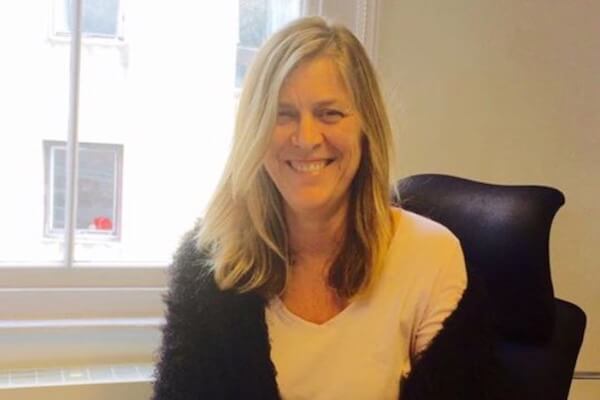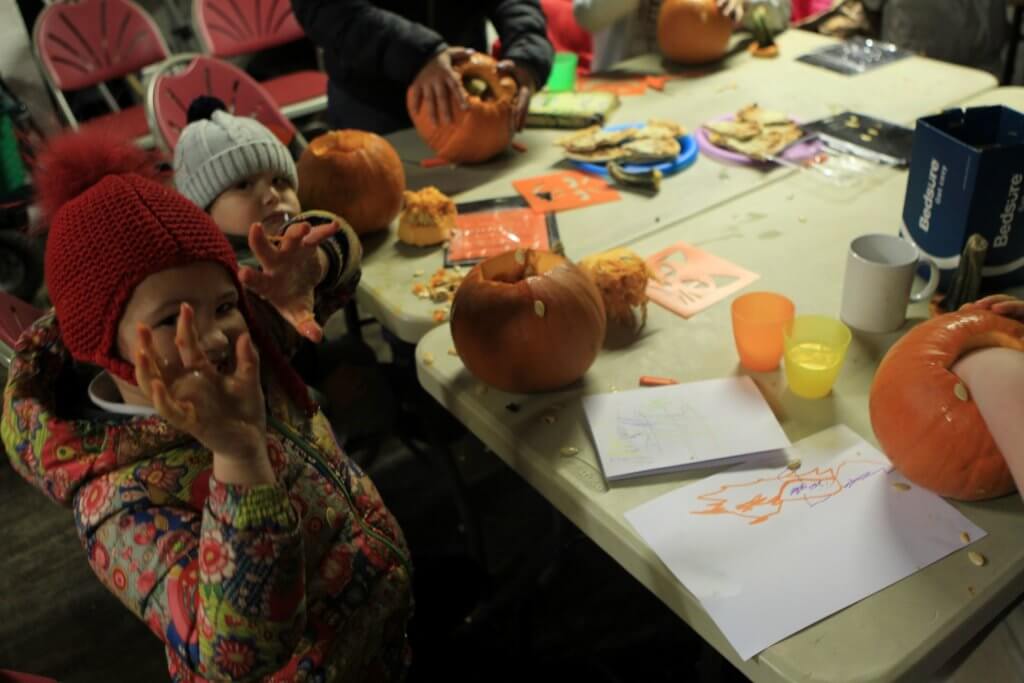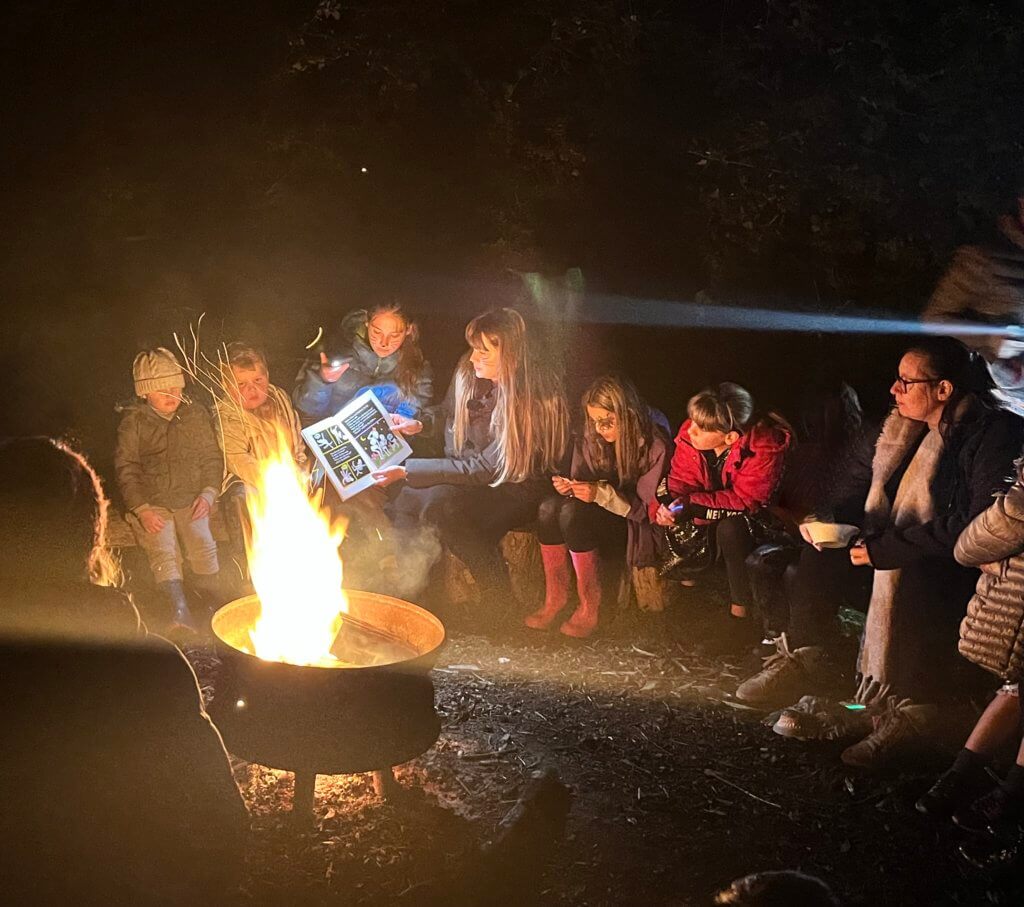Putting the focus on children and families when a parent is imprisoned
Last week, the VRU and charity Children Heard & Seen launched a pilot initiative taking place in Oxford which sees a partnership between the VRU, Thames Valley Police and the charity – helping to deliver a rapid offer of support to the families left behind when a parent is imprisoned. Our guest author for the blog is Sarah Burrows, Chief Executive of Children Heard and Seen, who set up the charity in 2014 in response to the lack of support for such families.

We are so excited to be running an innovate partnership with Thames Valley Violence Reduction Unit (TVVRU) and Oxfordshire Conuty Council to pilot a new identification scheme for children with a parent in prison. For the first time, the VRU will have access to Ministry of Justice data that allows them to identify dependents of individuals who are sent to prison. This data will be used to identify children left behind when their parent goes to prison. When a child is identified, the family is contacted and offered a referral to support provided by us.
In an initial assessment, Children Heard and Seen work with the family to determine the developmental needs of each child, the nature of the parent’s offence and the child’s relationship with the imprisoned parent. This information is then used to create a tailored, and wraparound package of support. We offer 1-1 support with trained staff, volunteer mentoring, parent support, peer support groups for children, online activities for children, and family activity days.
Our research with families supported has shown that children and families are most often left to manage the far-reaching and complex impacts of imprisonment alone. Nearly fifty percent of referrals to Children Heard and Seen have not spoken to anyone outside their immediate family before speaking to the charity. This year, we conducted interviews with 40 families impacted by parental imprisonment. Of these families, 60% went more than a full year before accessing our support, with some going as long as 10 years without receiving support. One mother told us:
“My son was 6-months old the first time his dad was sentenced. He is now 8 years old, and, to this day, no professional has mentioned support for him being the child of a prisoner”
Receiving appropriate support during the initial period of separation is crucial, and gives children left behind the tools they need to cope. Eighty eight per cent of families felt it would have been easier to explain the absence of the imprisoned parent to their children had they been supported at the point of sentencing. Discussions and crib sheets provided by Children Heard and Seen provide age- appropriate guidance on how and when to tell the child depending on the nature of the offence and how long the parent would be in prison.
Many children whose parent is arrested and removed from the family home during the night will attend school on the next day without any statutory or third sector organisation being made aware of their experience. Feelings of shame, compounded by a fear of negative responses from friends and peers means that, not only are these children left without professional support, but they are also unable to rely on existing friendships to help process their emotions relating to the imprisonment. This creates a real sense of isolation and loneliness in young people impacted by parental imprisonment. One parent explained how this affected her son:
“He was struggling to understand things and he thought he was the odd one out. He felt really alone… He just felt like he was the only kid in that situation.”
Where identification and early interventions are provided, we can mitigate the shame, stigma, and isolation of parental imprisonment by providing appropriate and timely support. This support has the potential to improve mental health outcomes, increase academic engagement/ achievement, and reduce the risk of intergenerational offending. One mother told us about the benefits that our one-one support had provided for her son:
“Children Heard and Seen has been an amazing support… having a one-to-one session for my son has enabled him to process what he has previously kept locked in his head and build his confidence in opening up”
Offering child centred support that doesn’t focus on the needs of the offender is the ultimate in early intervention strategies and provides an opportunity to create real social change, breaking the cycle of intergenerational offending and benefitting the whole community. Nationally, 65% of boys with a parent in prison will themselves commit an offence, however, of the 600+ children that we have supported, only 2 have gone on to offend. This stark statistic highlights the difference we are making in breaking the cycle of intergenerational offending and setting young people on a better path. Many families that we support tell us that our interventions have been lifechanging.
The introduction of this pilot will mean that children living in Oxford city will be offered support a crucial stage, improving outcomes combatting feelings of shame and isolation. We hope that this ground-breaking project sets a precedent for other jurisdictions and represents the first step towards a national framework of identification and support for children with a parent in prison.
Read our news release regarding the Oxford pilot.

